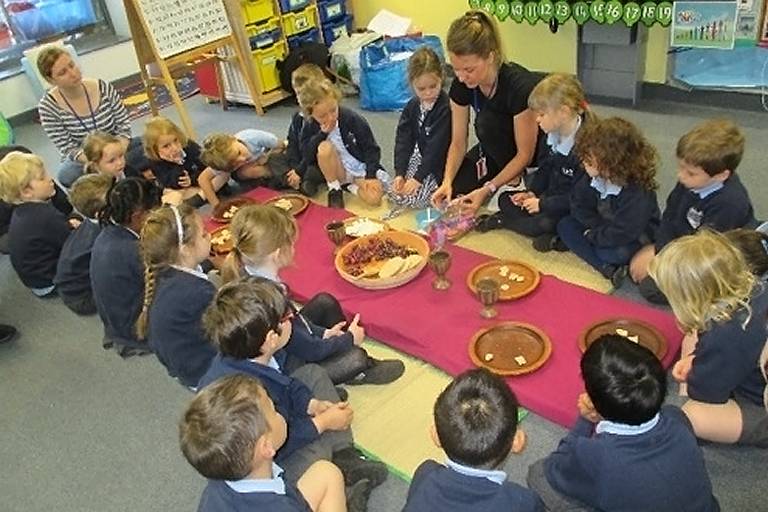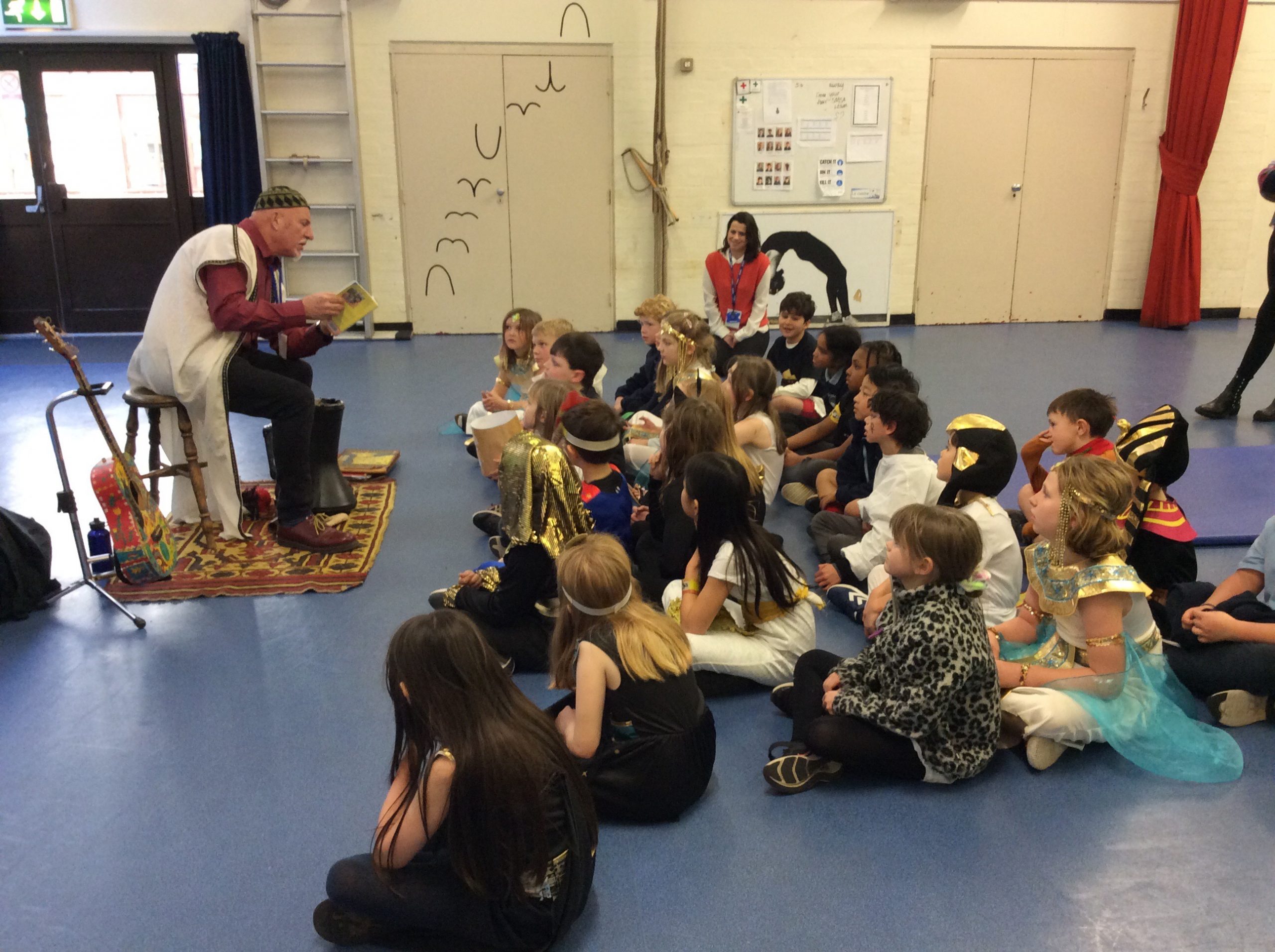
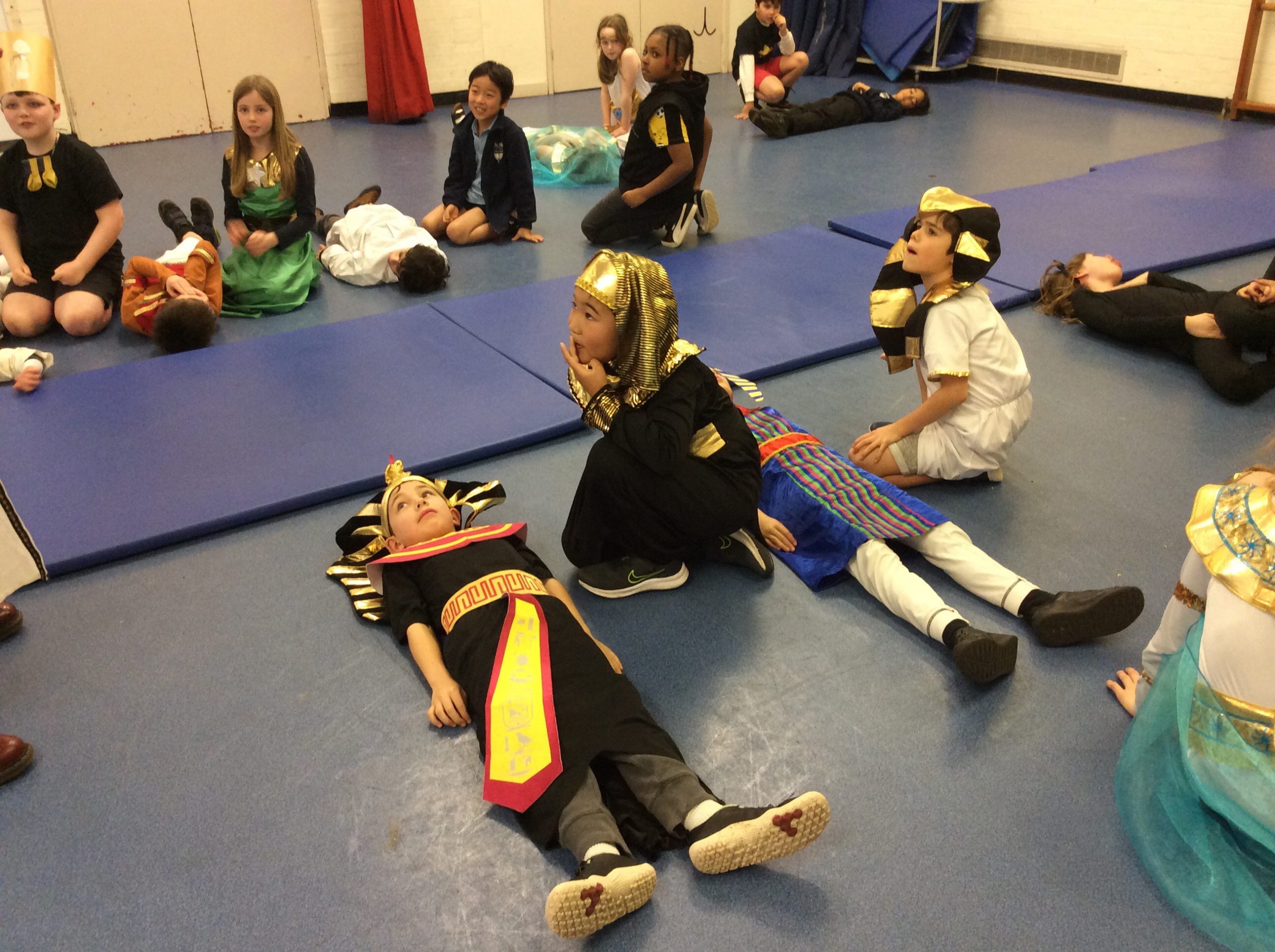
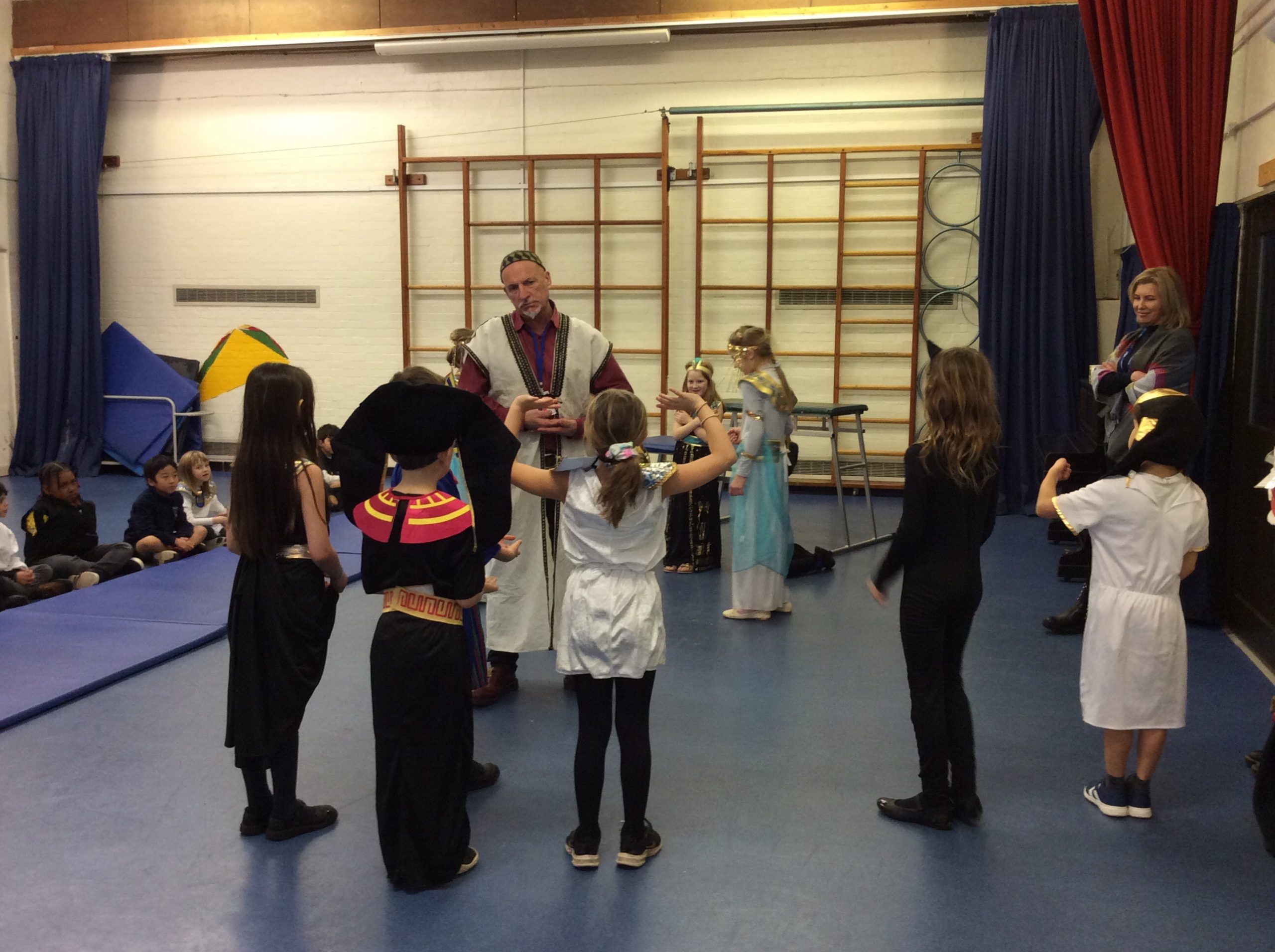
History Vision Statement
“We are not makers of History. We are made by history.” (Martin Luther King JR)
At St John’s, we feel children are entitled to a broad and balanced curriculum and we believe that History plays a significant part in developing children acad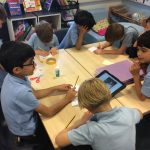 emically, socially and emotionally. This helps our children to be aware and outward-looking citizens of the future. Our focus is on teaching knowledge and understanding of the past but also, crucially, in developing skills which can be applied more widely throughout the children’s lives.
emically, socially and emotionally. This helps our children to be aware and outward-looking citizens of the future. Our focus is on teaching knowledge and understanding of the past but also, crucially, in developing skills which can be applied more widely throughout the children’s lives.
We believe that a secure understanding of History provides children with a context for who they are, as HUMANS. It gives them an understanding of how other cultures, societies and ideas have shaped the country that we currently live in. This links with the ‘society’ element of our HUMANS curriculum and helps our children to understand how they belong to our current society and the wider world. A secure understanding of the past is also crucial in allowing our children to understand how to make choices for the future. In this way, our History curriculum links to ‘adventurousness’ and what we can learn from the experiments and adventures of those who have come before us. It also allows our children to explore the morality of decisions that have been made in the past.
In line with our HUMANS curriculum statement, historical skills are as important as knowledge. Such skills include analysis, debate, inference and questioning which are important in many careers that we hope our children will pursue. However, they are also essential life skills in the modern world.

Our ethos is also to ensure that all children access and participate in all aspects of this rich and varied subject. We have designed our History teaching to ensure that it is cross-curricular wherever possible, linking (for example) with English, Computing and Art. Our aim is for the children to demonstrate their skills and understanding in many different ways, including through drama, writing, video presentations and art.
